As anybody who’s been on a cross-country drive knows, Christian radio and advertising has long been a mainstay of rural America. The new ‘He Gets Us‘ campaign will see Godliness making its way right into the homes of millions of Americans during this weekend’s Super Bowl. As the ten-month old campaign grows in popularity and reach, you might be wondering: what are the ‘He Gets Us’ commercials and ad campaigns? What are they trying to achieve, and who is funding them? We answer all these questions below.
Who is ‘He’ in the ‘He Gets Us’ ad campaign?
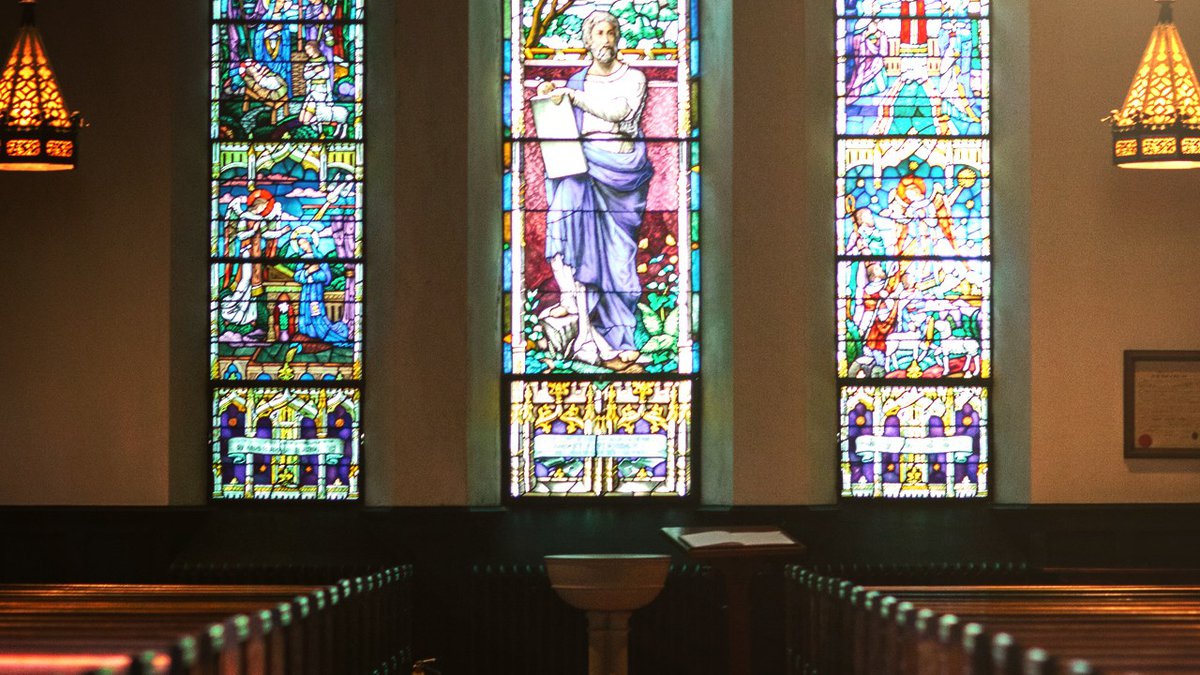
The ‘He’ in “He Gets Us” is referring to Jesus Christ. In Christian theology he’s considered the son of God, whereas in Islam he’s regarded as an important prophet. While the popularity of Christianity in the U.S. means the vast majority of Americans already know about Jesus, the ‘He Gets Us’ campaign is keen to cast him — and Christians in general — in a different light, and move depictions of the religion away from notions of muscular christianity and the prosperity gospel, both of which have a huge grip on Evangelical and Christian culture in the U.S.
Where can I see the ‘He Gets Us’ commercials?
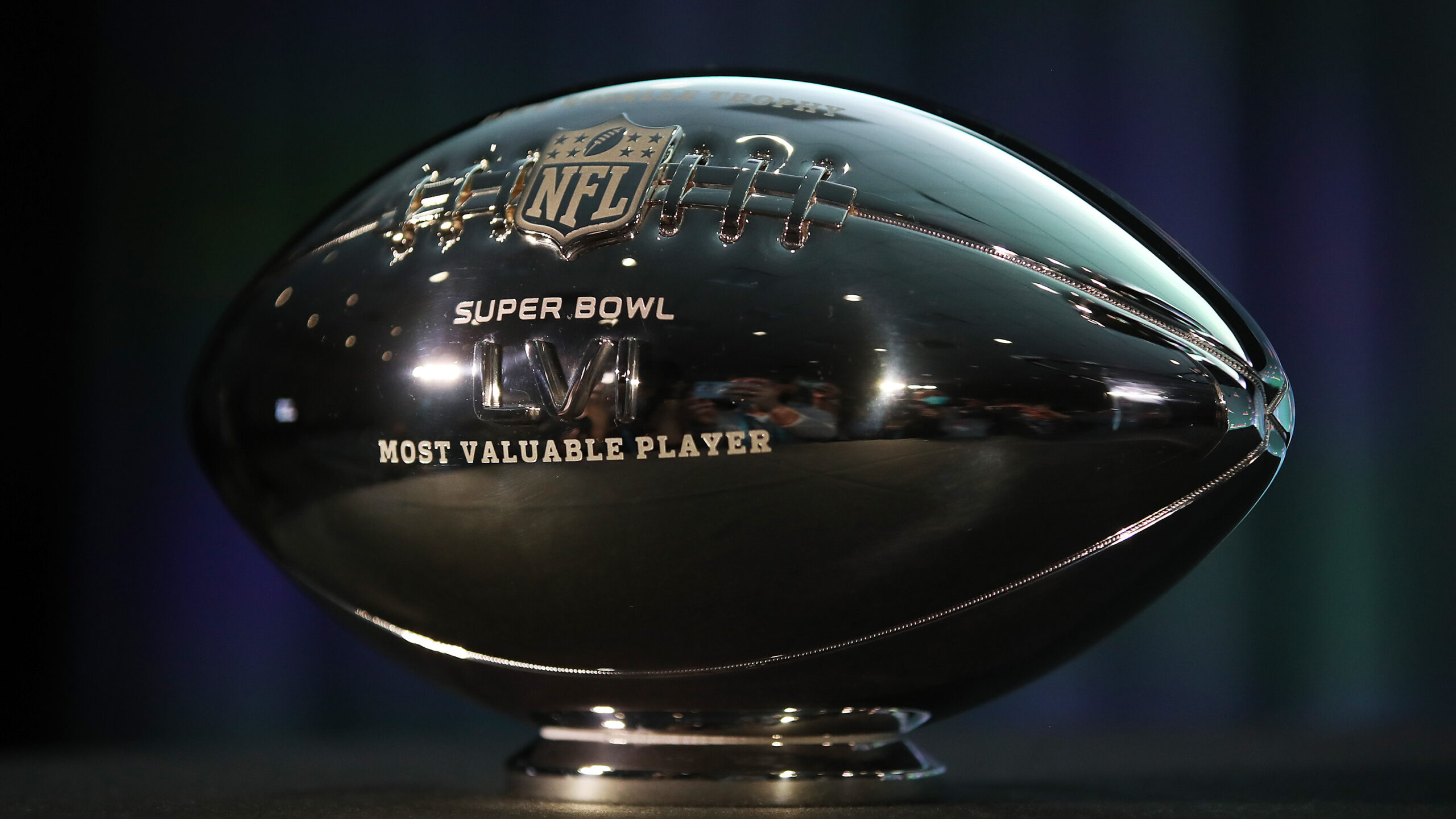
The “He Gets Us” commercials span a number of different advertising formats. Numerous billboards have been spotted across the country with the campaign’s messaging, and millions have likely seen “He Gets Us” banner ads over the past few weeks while browsing online. There are also ads on television promoting the campaign. The biggest splash is yet to come, however. As confirmed by one of the campaign’s biggest donors, there will be a “He Gets Us” ad running during the Super Bowl, which is known for having one of the largest television audiences on earth.
What is the ‘He Gets Us’ ad campaign trying to achieve?

Many American Christians believe the religion has been co-opted by hardline conservative fundamentalists, leading to one of the largest and quickest declines of the Christian population in decades. The “He Gets Us” campaign seeks to recast Jesus as a humanitarian who understands the human condition, and hopefully drive those who have been turned off by religious fundamentalism back into the arms of the church.
The “He Gets Us” campaign touches on a number of points, but the main ones are that Jesus was a refugee who hated religious hypocrisy. They also point out that Jesus was marginalized in his own time, and hint strongly that he would have disliked the increasingly hardline stances on things like refugee rights that many churches and Christian sects are preaching in the U.S.
The campaign has raised some controversy, with one of the most talked-about ads comparing Jesus and his family to migrants crossing into the U.S from Central America. Bob Simientana of Religion News Service said the ads are targeted at “spiritually open skeptics” and are trying to take attention away from the bad experience people might have had with increasingly hardline Christians in recent years, instead putting the focus back on Jesus himself.
Who is funding the ‘He Gets Us’ commercials?
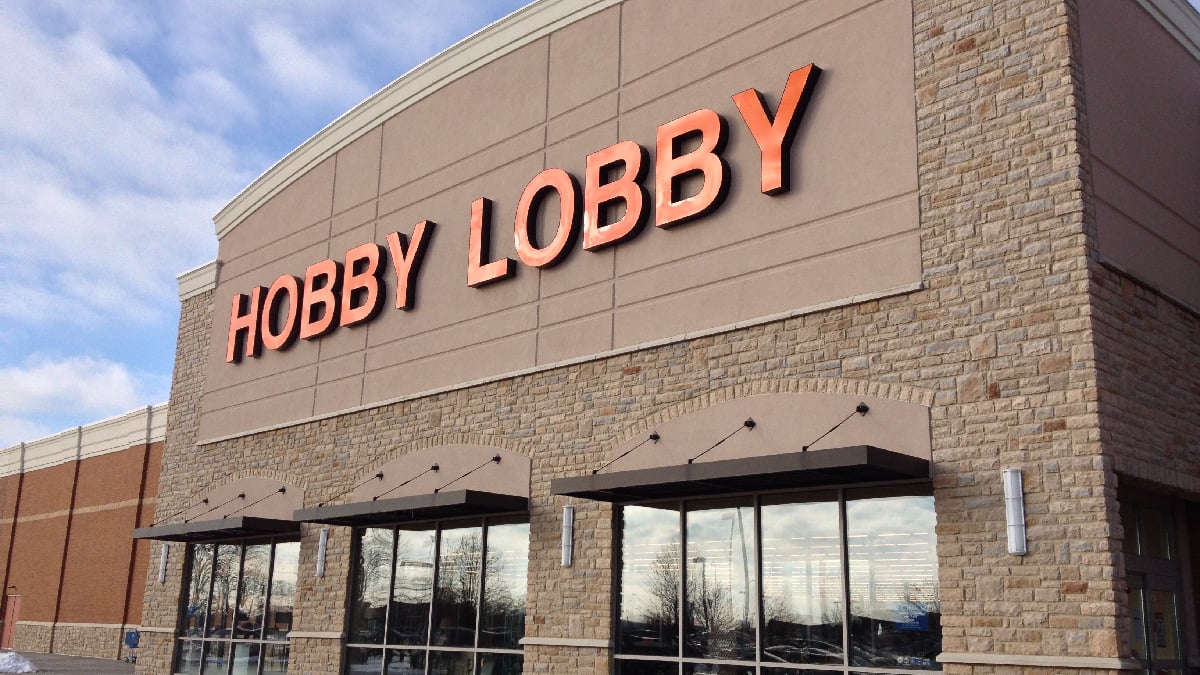
Advertising like this comes at a price, with a 30-second Super Bowl slot in 2022 costing over $6 million. So, you might be wondering who’s funding the “He Gets Us” ad campaign. The answer isn’t totally clear, but much of the cash comes from an organization called The Signatory, who collate money from different backers to put towards causes they deem worthy of attention. The vast majority of these backers have remained anonymous, though there’s no doubting their financial power — it’s been confirmed that they will be spending around $20 million on Super Bowl ads alone.
With that said, one thing we can be sure of is that David Green of Hobby Lobby is one of the major donors to the cause, as he revealed on Glenn Beck’s show back in November. The Greens have been mired in controversy for a while, thanks to Hobby Lobby’s conservative stance on LGBTQ+ issues and accusations of smuggling historical artifacts, so seeing them throw their considerable financial weight behind a seemingly liberal cause may surprise some.
Organizers of the campaign also claim to have signed up around 20,000 churches to provide volunteers who can follow up with those who see the ads and want more information about the campaign, though these churches are allegedly not behind any of the funding.

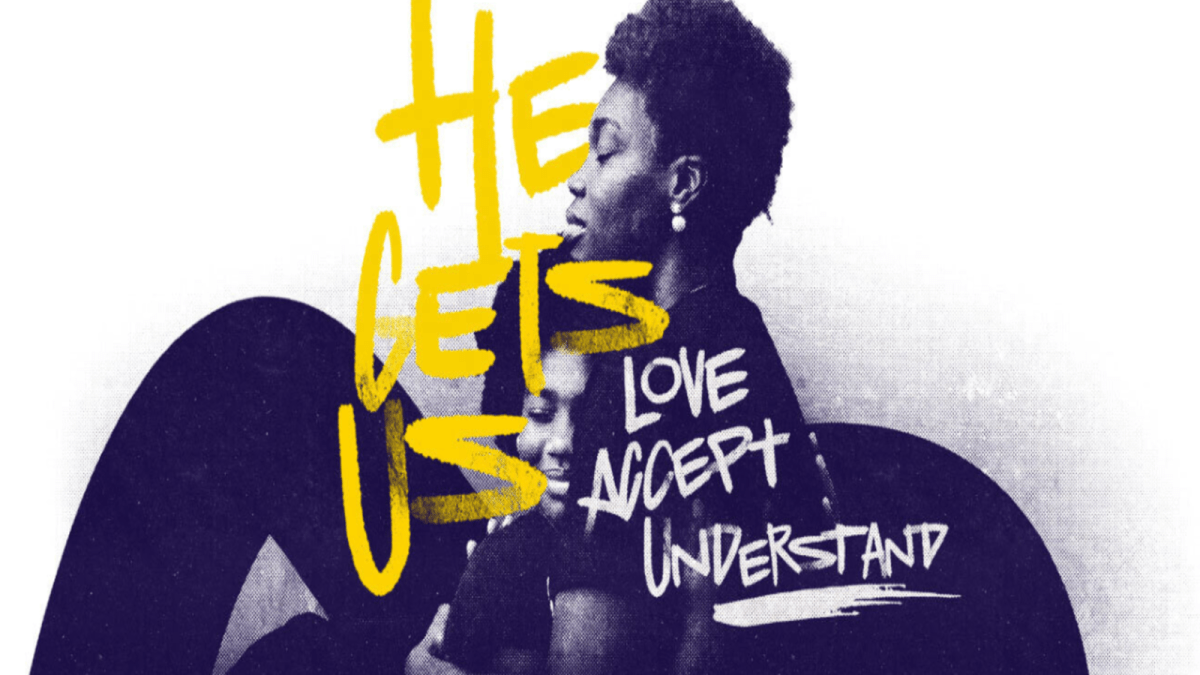



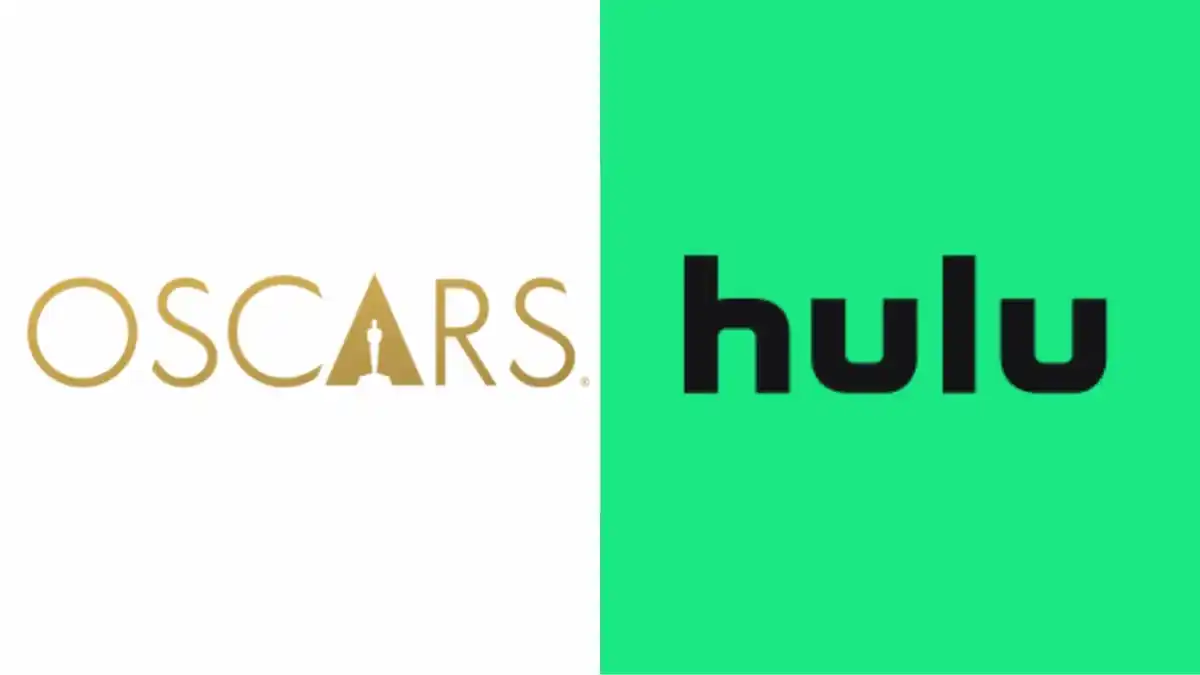




Published: Feb 8, 2023 11:39 am